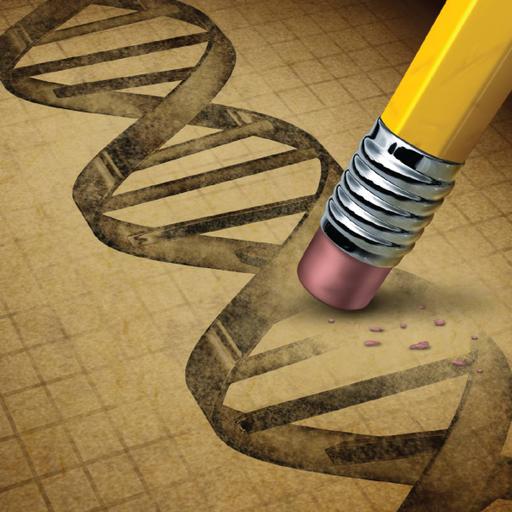Cloning
Presentations | English
Cloning is a technique scientists use to make exact genetic copies of living things. It is the process of producing individual organisms with either identical or virtually identical DNA. Cloning can be done either by natural or artificial means. In nature, some organisms produce clones through asexual reproduction. Genes, cells, tissues, and even whole animals can all be cloned. In humans, identical twins are similar to clones. Identical twins are created when a fertilized egg splits in two. There are different types of cloning; they are gene cloning, reproductive cloning, and therapeutic cloning. In biomedical research, cloning is broadly defined to mean the duplication of any kind of biological material for scientific study, such as a piece of DNA or an individual cell. The cloning of human remains universally condemned, chiefly because of the associated psychological, social, and physiological risks. There are also concerns that cloning promotes eugenics, the idea that humanity could be improved through the selection of individuals possessing desired traits. There also exists controversy over the ethics of therapeutic and research cloning. The presentation gives in-depth knowledge on the topic.

17.00
Lumens
PPTX (68 Slides)
Cloning
Presentations | English
